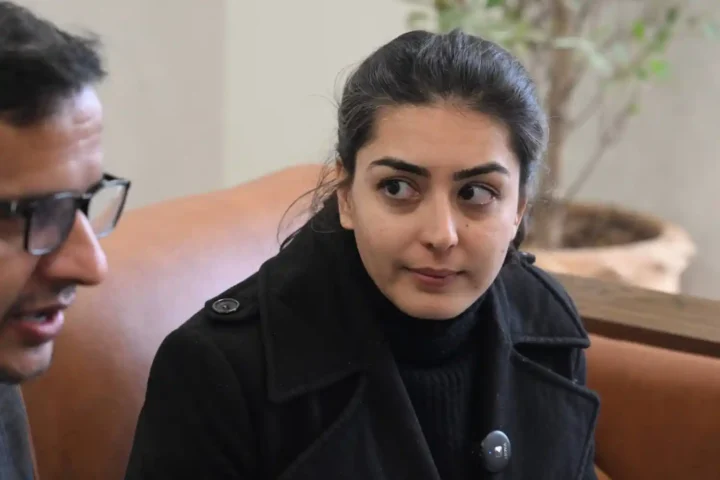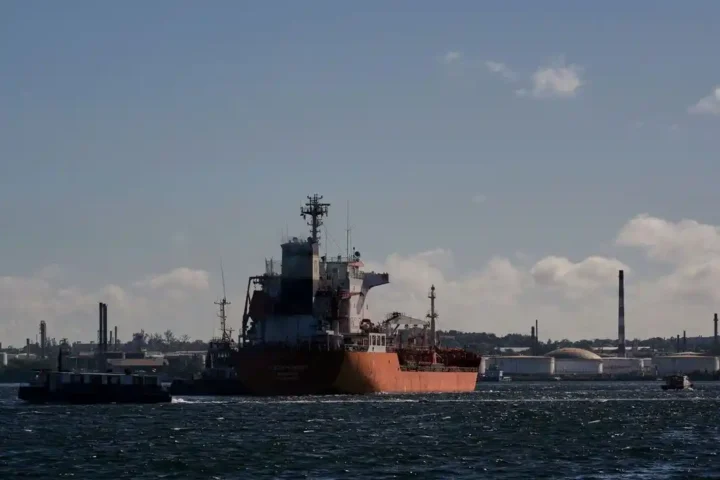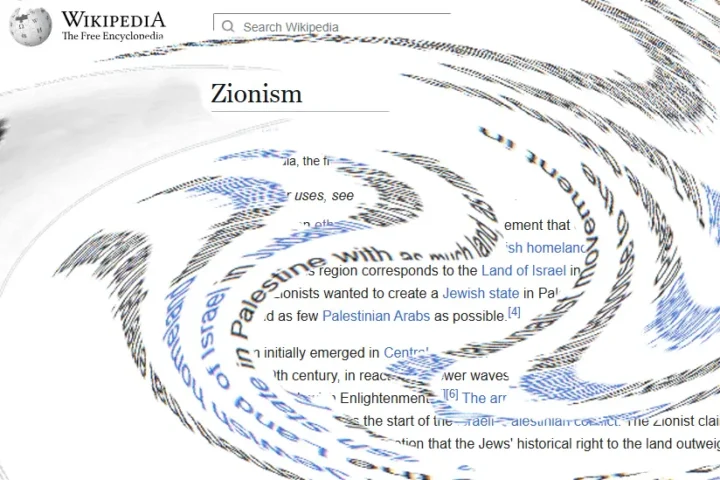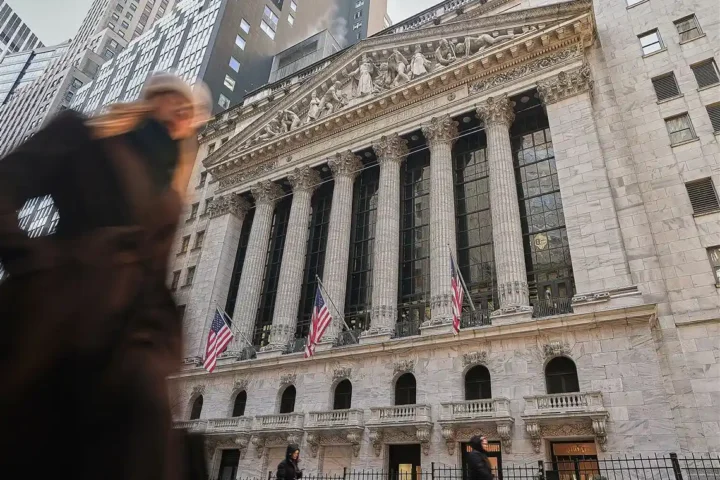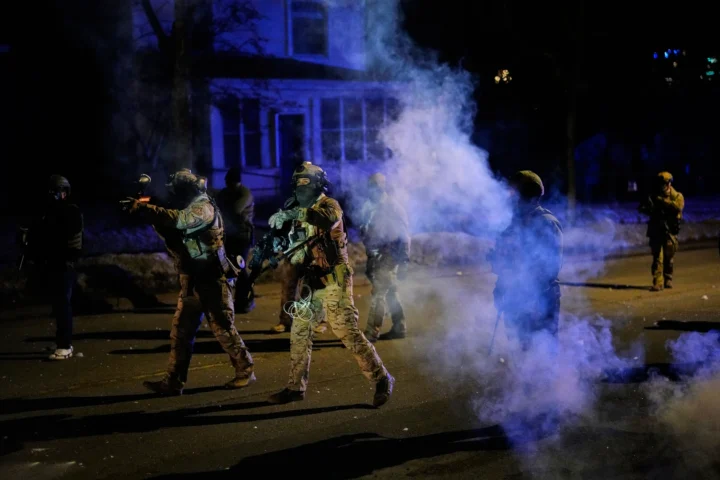South African President Cyril Ramaphosa is walking into what insiders are calling a diplomatic “buzzsaw” as he heads to the White House today, seeking to patch fraying ties with an increasingly hostile Trump administration. But unlike many foreign leaders who’ve survived Oval Office visits by offering deals and compliments, Ramaphosa may find neither will be enough.
The visit comes amid a perfect storm of political friction. Since returning to office in January, President Donald Trump has made South Africa a target, alleging racial discrimination against the white Afrikaner minority and halting all foreign aid to the country based on unverified claims. The move earned applause from MAGA-aligned conservatives and right-wing media voices, who have framed South Africa’s racial policies as a cautionary tale of “woke” governance run amok.
But the friction goes beyond the culture wars. South Africa’s global positions have angered multiple Republican factions: from national security hawks incensed by Pretoria’s warm ties with Moscow and Beijing, to staunch Israel allies furious about South Africa’s legal efforts accusing Israel of genocide in Gaza. The result is a rare bipartisan consensus in Washington — one sharply critical of South Africa.
“Ramaphosa is walking into a buzzsaw in the Oval Office,” said Cameron Hudson, a former African affairs director at the National Security Council. “This could be an unmitigated disaster.”
In a Senate hearing Tuesday, Secretary of State Marco Rubio struck a stern tone, saying, “When one country is consistently unaligned with the United States on issue after issue, now you have to make conclusions about it.” Though he left the door open to a reset, Rubio made clear that a shift in South Africa’s stances would be a prerequisite.
Even allies hoping to mend relations admit the odds are daunting. Ramaphosa’s new envoy to Washington, Mcebisi Jonas, previously blasted Trump as a “racist homophobe,” comments now resurfacing at a delicate moment. Jonas also chaired Africa’s MTN Group, which has faced scrutiny in U.S. courts for links to Iran’s tech sector — another strike against Pretoria in the eyes of American policymakers.
A senior administration official, speaking on condition of anonymity, summed up the mood bluntly: “It could go extra well or it could make Zelenskyy’s visit look like a cakewalk.”
The tensions boiled over in March when the State Department expelled South Africa’s ambassador after he publicly accused Trump of stoking white grievances. The Trump administration followed up with a striking symbolic gesture: granting refugee status to 49 Afrikaners — a rare exception in an immigration policy otherwise defined by strict limits.
Christopher Landau, the deputy secretary of State, defended the move, citing the group’s “assimilation potential,” drawing fire from Democrats who questioned whether race was a deciding factor. “The United States has a right to pick and choose who they let in,” Rubio shot back when challenged by Sen. Tim Kaine.
Despite the political headwinds, Ramaphosa remains focused on trade — particularly the African Growth and Opportunity Act (AGOA), a key pact allowing sub-Saharan countries duty-free access to U.S. markets. With the agreement set to expire in September, Ramaphosa aims to build goodwill and ensure renewal.
Yet Trump, officials warn, is far more likely to dwell on racial issues — especially the contentious issue of land reform. Last year, Ramaphosa signed a law allowing the government to seize land without compensation in certain cases, prompting outrage from Trump and his allies. Though the law has rarely been enforced, it has fueled claims — unsupported by evidence — of a “white genocide” in South Africa.
Ramaphosa has taken steps to ease tensions, including signaling support for Elon Musk’s Starlink service in South Africa — possibly exempting it from the country’s Black ownership requirements. Critics say the carve-out, though presented as a blanket ICT exemption, may appear to be preferential treatment for one of Trump’s top donors.
“The deal is that all races should be treated equally,” Musk said Tuesday, claiming he could not get a license “because I am not Black.”
Trump, who has long used racial grievance as political capital, is expected to raise the issue during a joint press appearance with Ramaphosa. For Ramaphosa, staying focused on trade may prove difficult with so many political tripwires laid in his path.
At home, Ramaphosa faces intense pressure: unemployment is above 30 percent and the economy is stagnant. With Trump threatening new tariffs of up to 30 percent if no resolution is found within 90 days, South Africa’s leader is hoping diplomacy can stave off deeper damage.
“The purpose of the visit is to reset and revitalize bilateral relations,” Ramaphosa said before departing. “I’m not scared.”
But in Trump’s Washington, goodwill may not be enough. As one administration insider bluntly put it, “Anyone can have an enemy or two in D.C., but they’ve managed to piss off a whole alliance of different factions.”
Whether trade can trump politics — or whether Ramaphosa becomes another casualty of Trump’s transactional diplomacy — will become clear when the two leaders sit down in the White House. For now, all signs suggest the meeting will be anything but routine.


